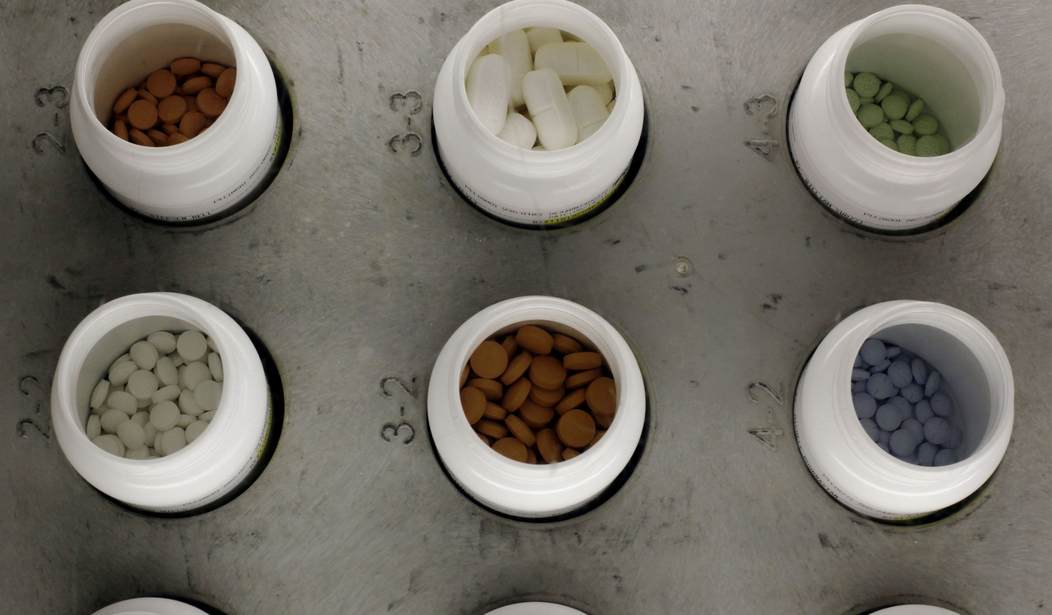In partnership with the Food and Drug Administration (FDA), the Department of Health and Human Services (HHS) has recently proposed that certain pharmaceuticals should be cleared for import from Canada. Although the proposal seeks to lower prices for consumers, it poses critical unintended risks to both American businesses and patients.
The logic behind the proposal is simple. If ‘big pharma’ companies charge American patients high costs while offering their products for lower prices abroad, why not break down trade barriers and increase price competition? While the goal is admirable, the policy would unleash a slew of dangerous side effects.
In Canada, the price of prescription drugs without generic alternatives is regulated by the Patented Medicine Prices Review Board. For an administration seeking to put‘America First’, importing drugs from Canada would empower bureaucrats in Ottawa to set prices in America.
In addition to abdicating control of our pharmaceutical industry, price controls would hinder the innovation that gives American consumers exclusive access to the latest and most advanced drugs. Allowing drug imports from Canada would also be a tacit endorsement of the heavy-handed and coercive tactics that foreign governments use to obtain discounted drugs at the expense of American companies and pharmaceutical research and development.
However, it’s not just the companies that will feel the pain if the policy goes ahead. With a population smaller than that of California, Canada is simply too small to provide enough drugs for both domestic and American consumption. An overwhelming majority of pharmacists surveyed by the Canadian Pharmacists Association say that drug shortages have already increased over the past three to five years.
Recommended
After running Canadian shelves dry, where are all of these drugs going to come from? Canada already struggles to limit the spread of counterfeit drugs, which either lack the necessary active ingredient or are laced with toxic additives. In 2017, four former commissioners of the FDA penned an open letter to Congress in opposition to importing drugs from Canada due the risk that these counterfeits pose to American patients.
Opening the northern border to greater drug imports would create a massive loophole for foreign counterfeiters to access the American healthcare market. Even if the FDA were able to verify the origin of each and every shipment—a massive exercise that would be taxpayer funded—there remains the risk that drugs could be switched, tampered or not be stored at proper temperatures en route to Canada.
Rather than pursuing policies that would harm American patients, entrepreneurs, and taxpayers, the federal government should focus on innovation brought by public-private partnerships, which have the potential to lower the cost of prescription drugs. Louisiana’s recent experiment with a subscription model for Hepatitis C treatment illustrates that innovation in government powered by the private sector can be the key to increasing access to safe drugs, without burdening taxpayers or businesses.
Lowering the price of prescription drugs should be a bipartisan priority in Washington. Opening the American healthcare market to potentially deadly counterfeits, while abdicating control of the market to foreign bureaucrats, is simply not a solution.
Oliver McPherson-Smith writes for the American Consumer Institute, a nonprofit educational and research organization. For more information about the Institute, visit www.TheAmericanConsumer.Org or follow us on Twitter @ConsumerPal.

























Join the conversation as a VIP Member